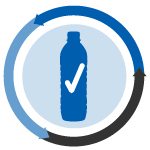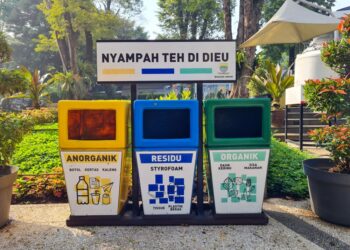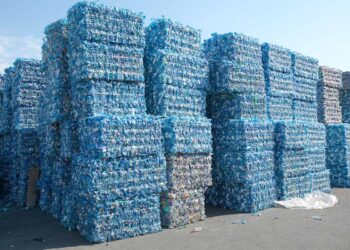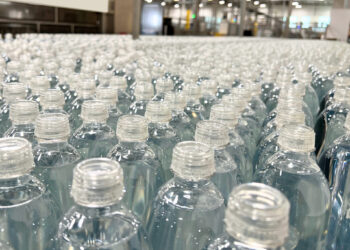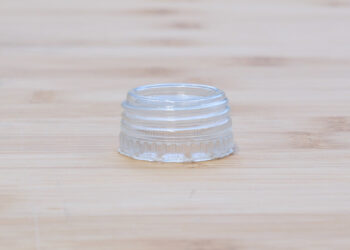German and Paraguayan companies got the go-ahead to recycle PET into food packaging, and KW Plastics received a similar thumbs up for HDPE.
The U.S. Food and Drug Administration (FDA) late last year issued letters of no objection (LNOs) for the three companies. The letters allow them to utilize specific technologies for recycled plastics in food and drink packaging.
In all cases, the FDA determined the recycling processes would result in contaminant concentrations of 0.5 parts per billion or less in the food, below its “threshold of regulatory concern.”
In this twice-yearly roundup, Plastics Recycling Update looks at letters covering PET and HDPE used in food and drink packages. The most recent roundup covered the first half of 2017.
International PET letters
The FDA on Sept. 6 issued an LNO to Paraguayan company CORESA Compañía Recicladora to recycle post-consumer PET into trays, clamshells or other containers for raw fruits, vegetables and eggs. The LNO covers the use of up to 100 percent recycled content. The containers can be used at room temperature or below. The feedstock consists of beverage containers.
On Nov. 29, the FDA issued a letter to Battenfeld-Cincinnati Germany (Battenfeld) for the recycling of post-consumer PET into thermoformed food packaging. The letter covers the use of 100 percent recycled content. The containers could be used in hot, room-temperature or cold conditions. The feedstock can consist of food and non-food packaging but cannot include industrial/chemical containers. A maker of extruders and other plastics-processing equipment, Battenfeld-Cincinnati has locations in several countries, including the U.S.
KW’s green light for HDPE
On Oct. 17, the FDA issued a letter to Troy, Ala.-based KW Plastics for the use of post-consumer HDPE in food packaging at up to 100 percent recycled content. The packaging could be used at room temperature or below. The feedstock is limited to HDPE food packaging. Plastics Recycling Update last fall covered the new business opportunity for KW.













